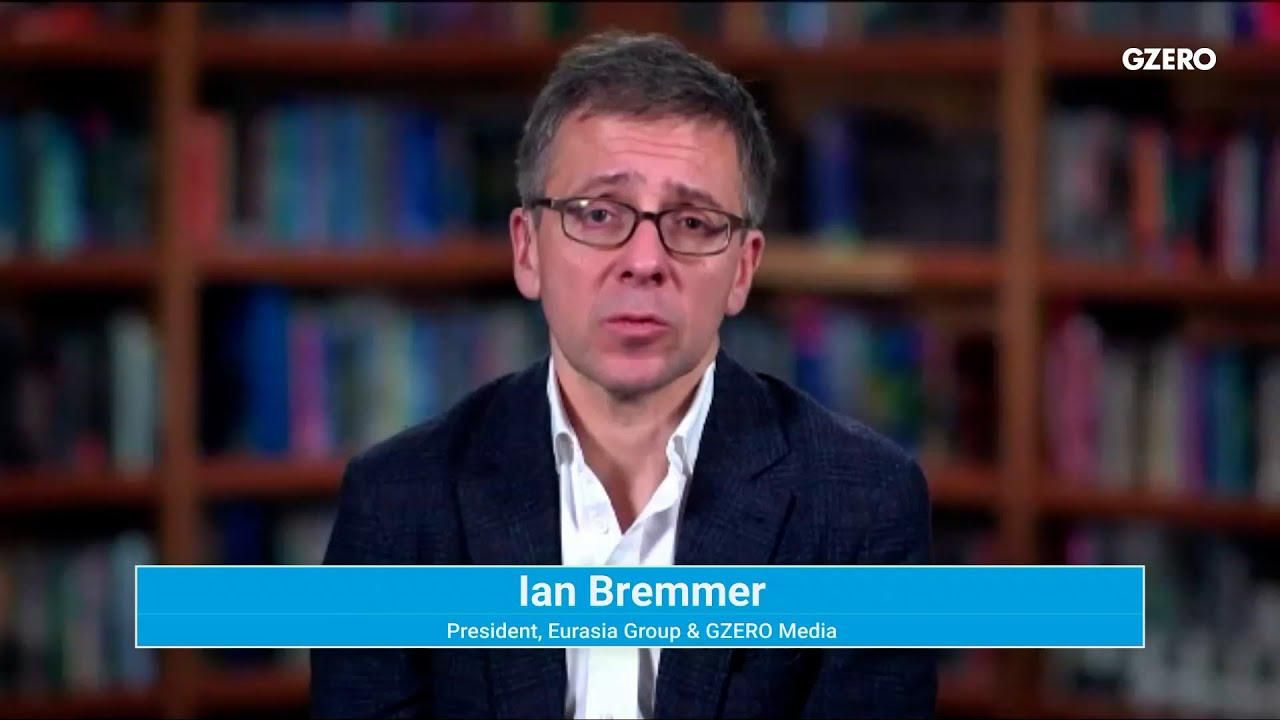
Ian Bremmer has a message for businesses, and not just small ones: workers have been through a lot with COVID, so they're rethinking their relationship with their job.
"They're saying, well, maybe I don't need to spend all that time with people. I don't care as much about maybe I wanna work more flexibly. Maybe I don't want to go to the office every day. Maybe I don't wanna work for a big faceless corporation. Maybe I want to be closer to the purpose of my organization. Maybe I want the work to mean more to me."
Before COVID hit, Bremmer says during a livestream conversation on small businesses and post-pandemic recovery hosted by GZERO Media in partnership with Visa, we were talking about jobs that would soon be replaced by artificial intelligence or outsourced thanks to free trade agreements.
But the past two years have been all about the importance of labor — the human experience.
"It's about individual people from countries all over the world saying, what do I want to do? What do I find valuable? That's a much better way to think about your labor."
Watch more: How can small businesses thrive after COVID?